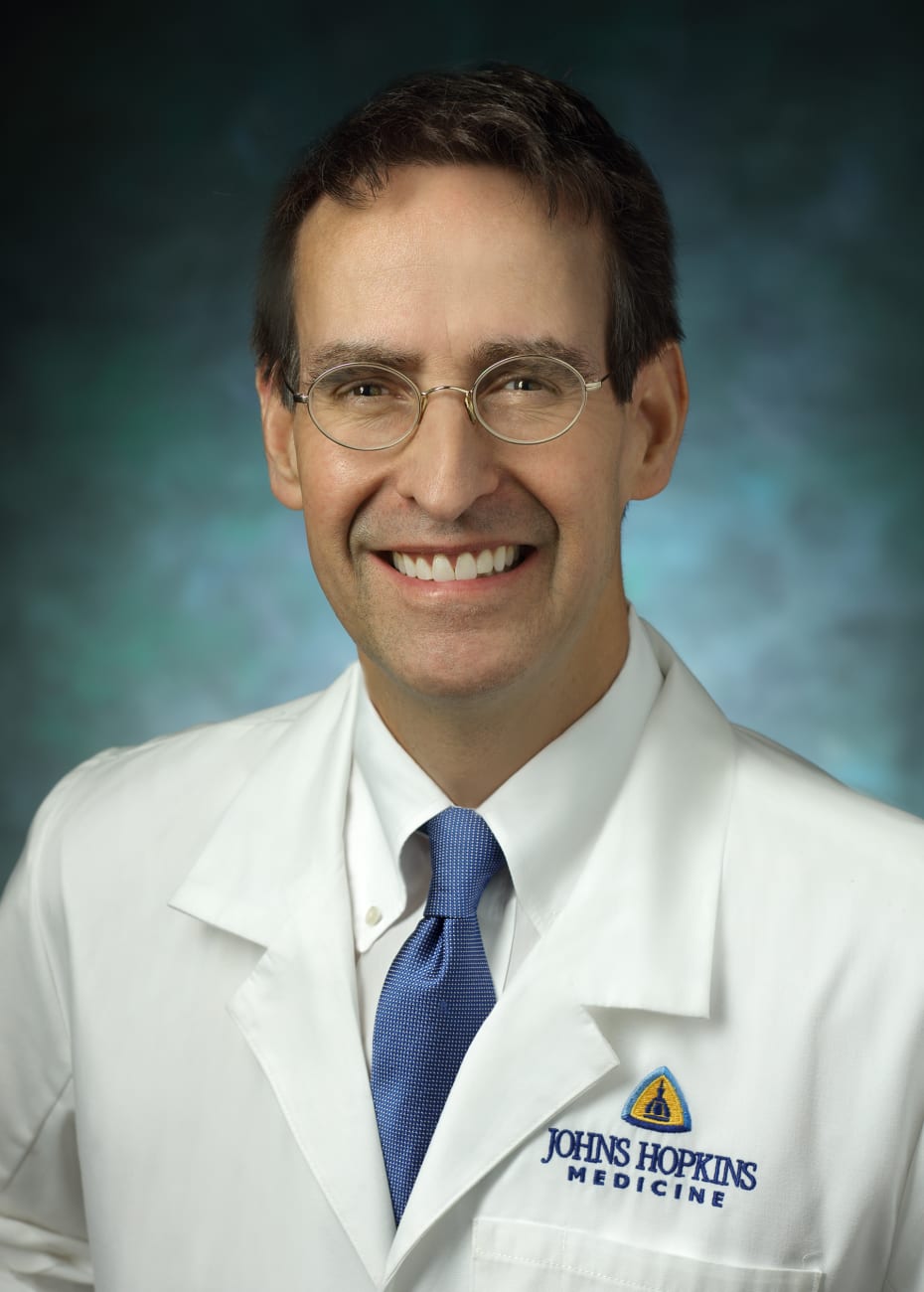

James Gammie is optimistic about the future of cardiac surgery at Johns Hopkins.
The Johns Hopkins Health System cardiac surgeon-in-chief and surgical director of the Johns Hopkins Heart and Vascular Institute led a targeted recruitment charge recently that has yielded impressive results.
“We’ve recruited some of the most talented surgeons in the world,” says Gammie, who adds that the size of the surgical team has doubled in the past two years.
For starters, says Gammie, Duke Cameron has returned. After several years at Massachusetts General Hospital, Cameron brought his expertise in surgical repair of the aorta back to Johns Hopkins. An internationally recognized heart surgeon, he is best known for his contributions to the field of surgery for Marfan and Loeys-Dietz syndromes, as well as other connective tissue disorders.
Along with James Black and Hal Dietz, Cameron leads the Johns Hopkins Broccoli Center for Aortic Diseases. In 2017 and 2018, Cameron served as the president of the American Association for Thoracic Surgery.
The excitement surrounding the Johns Hopkins cardiac surgery team isn’t confined to Baltimore. Suburban Hospital in Bethesda, Maryland, welcomes Reed Quinn, who brings decades of surgical excellence and experience following years at the Maine Medical Center in Portland.
“Dr. Quinn only joined us in June and he’s already the busiest surgeon at Suburban,” Gammie says. “He’s an expert in both adult and pediatric cardiac surgery.”
Michael Robich arrived at The Johns Hopkins Hospital last fall from Tufts Medical Center in Boston, where he served as associate surgical director of the hypertrophic cardiomyopathy center. In his extensive clinical and translational research, Robich has studied myocardial repair in the setting of chronic myocardial ischemia and systemic metabolic disease. At Johns Hopkins, Robich is the surgical director of structural heart disease, director of perioperative cardiac surgery quality improvement and surgical director of the hypertrophic cardiomyopathy center.
Gammie says advanced heart failure treatment and heart transplantation are key components of any robust cardiac surgery department.
“And that’s why I’m thrilled that Antonio Polanco has joined us from the Oschner Medical Center in New Orleans,” says Gammie. “He learned from the best at Columbia University, which is a leader in transplant training. He’s been doing great work since he arrived in July 2022.”
In December 2023, Johns Hopkins welcomed heart transplant surgeon Chetan Pasrija, who, at Vanderbilt University and the University of Toronto, worked with a team that has blazed new paths in heart and lung preservation for transplant.
“Dr. Pasrija comes to us from Vanderbilt University, one of the busiest transplant programs in America,” Gammie says. “He’s a tireless researcher and has published almost 100 journal articles, which is extraordinary this early in his career.”
Gammie says he is also excited to welcome Johns Hopkins-trained Hanghang Wang to Suburban Hospital. In addition to having extensive surgical training, Wang holds a Ph.D. in computational biology and bioinformatics from Duke University.
“She trained with us at Hopkins for three years after completing general surgery training at Duke,” says Gammie. “Dr. Wang has a translational research laboratory here, where she’s looking at, among other things, biomarkers for type A dissection patients. That’s something that gets misdiagnosed in a lot of emergency settings. Imagine having a blood test that could detect that condition!”
The new team members join what was an already stellar roster of surgeons and researchers, says Gammie.
To refer a patient, call 410-955-2800.


